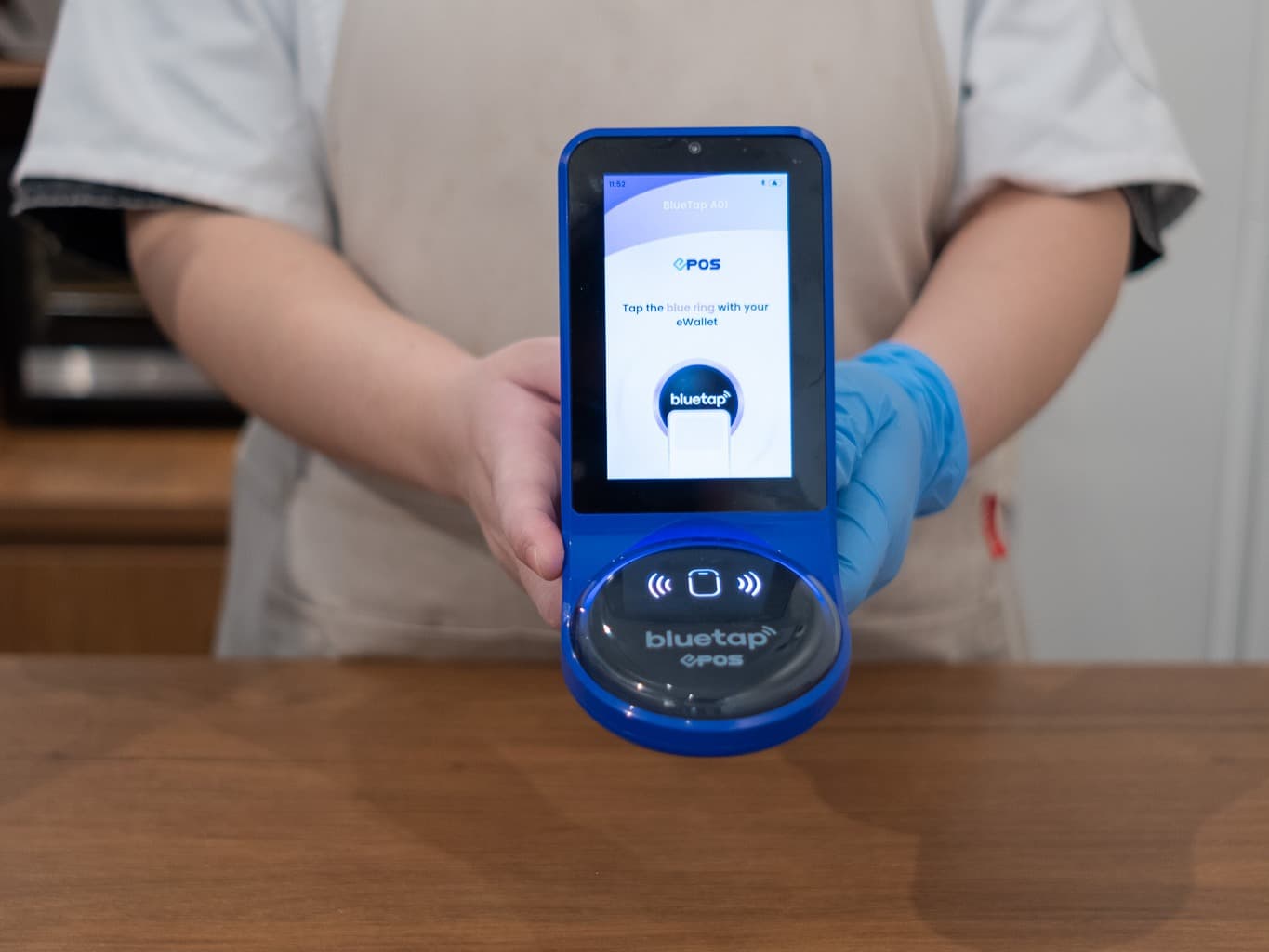The Petroleum Jelly Market is expected to reflect a steady growth rate between 2020 and 2030, surpassing a valuation of US$ 1.93 billion by 2030.
The petroleum jelly market is to witness a gradual easing of bottlenecks in the supply chains, with gradual relaxation of lockdown restrictions. However, limited production of mineral oils and slow trade are still major concerns. Despite the pandemic, prices have largely remained unaffected, according to FMI’s analysis.
“Petroleum jelly aids the optimal levels of moisture and avoids skin irritation. Due to best cost features, market will witness steady growth in the long run. Product being insoluble in water, prevents, prevents major chemical reactions which will again help in sustaining market development,” states the FMI analyst.
Request a report sample to gain comprehensive market insights at https://www.futuremarketinsights.com/reports/sample/rep-gb-12643
Petroleum Jelly Market – Critical Takeaways
- Acquisitions and mergers are among the key strategies adopted by market players
- Improved research and development of pharmaceuticals in India is creating opportunities for growth
- East-Asia is a major market for petroleum jelly, supported by the presence of major agrarian economies in the region.
Petroleum Jelly Market- Drivers
- Growing use in cosmetics, pharmaceuticals and telecommunication owing to its lubricating and coating properties.
- Petroleum jelly aids rashes, genital rashes, common cold, nose-bleeds and other minor medical issues.
- American Academy of Dermatology recommends petroleum jelly in healing skin and reducing skin irritation.
- Industries rely on the jelly for moisturizing plastic, coating such as metallic trinkets, non-stainless steel blades.
Petroleum Jelly Market – Restraints
- Risk of developing aspiration pneumonia is high, thereby, posing major threat to the growth.
- Cosmetic petroleum jelly causes side effects like allergies and reactions.
Coronavirus Impact on Petroleum Jelly Market
The coronavirus pandemic has had a moderate impact on the petroleum jelly market. The near future outlook of the industry is largely uncertain, as second waves of the coronavirus contagion in many countries around the world could further disrupt supply chains and production activity.
On the other hand, the prices of these jellies have displayed signs of recovery too, with many production plants resuming close-to-normal operations. Owing to increasing cases of skin diseases in China, petroleum jelly is anticipated to find remarkable adoption there. Europe will witness a propelling demand for skin care products, thereby, generating revenue.
Competitive Landscape
Sasol, ExxonMobil, International Group Inc., Petroleo Brasileiro SA, Nippon Seiro Co., Ltd, Repsol, CEPSA, Calumet Specialty Products Partners, L.P., and Polwax SA among others are some of the leading players in the petroleum jelly market.
Manufacturers are increasingly displaying interest in product and production process innovations aiming towards the growth of online sales for brand visibility and geographical presence.
Ask Analyst@ https://www.futuremarketinsights.com/ask-question/rep-gb-12643
For instance, Godrej Consumer Products Limited, fulfilled the acquisition of Canon Chemicals, which is a major manufacturer and supplier of personal care and home care products based in Kenya, which is famous for its petroleum jelly brand, Valon.
About the Study
The study offers readers a comprehensive assessment of the petroleum jelly market. Global, regional and national-level analysis of the latest trends influencing the petroleum jelly market is covered in this FMI report. The study provides insights according to grade (USP, technical), end-use (pharmaceuticals. Cosmetics, personal care etc.) in seven regions (North America, Latin America, Western Europe, Eastern Europe, Asia Pacific excluding Japan, Japan, and MEA).
Table Of Content
1. Executive Summary
1.1. Global Market Outlook
1.2. Demand Side Trends
1.3. Supply Side Trends
1.4. Analysis and Recommendations
2. Market Overview
2.1. Market Taxonomy
2.2. Market Definition
3. Key Market Trends
3.1. Key Trends Impacting the Market
4. Key Success Factors
5. Global Petroleum Jelly Market Demand Analysis 2015-2019 and Forecast, 2020-2030
5.1. Historical Market Volume (Tons) Analysis, 2015-2019
5.2. Current and Future Market Volume (Tons) Projections, 2020-2030
5.3. Y-o-Y Growth Trend Analysis
6. Global Petroleum Jelly Market – Pricing Analysis
6.1. Regional Pricing Analysis By End Use
6.2. Pricing Break-up
7. Global Petroleum Jelly Market Demand (in Value or Grade in US$ Mn) Analysis 2015-2019 and Forecast, 2020-2030
7.1. Historical Market Value (US$ Mn) Analysis, 2015-2019
7.2. Current and Future Market Value (US$ Mn) Projections, 2020-2030
Download Complete TOC Of this Report @ https://www.futuremarketinsights.com/toc/rep-gb-12643
Explore FMI’s Coverage of the Chemicals & Materials Industry
Petroleum and Fuel Dyes and Markers Market Get insights on the petroleum and fuel dyes market through FMI’s report covering detailed quantitative and qualitative analysis for projection period 2016-2026.
Global Adsorbents Market – FMI’s exhaustive study on the global adsorbents market covers the latest trends, innovations, key players, and popular strategies for the period 2017-2027.
Electronic Cleaning Solvents Market – Obtain detailed analysis on the electronic cleaning solvents market through FMI’s report covering competitive analysis, key regions, and segmental analysis.
The post Petroleum Jelly Market Competitive Growth Strategies Based on Type, Applications, End User and Region appeared first on Industry News Analsis.


